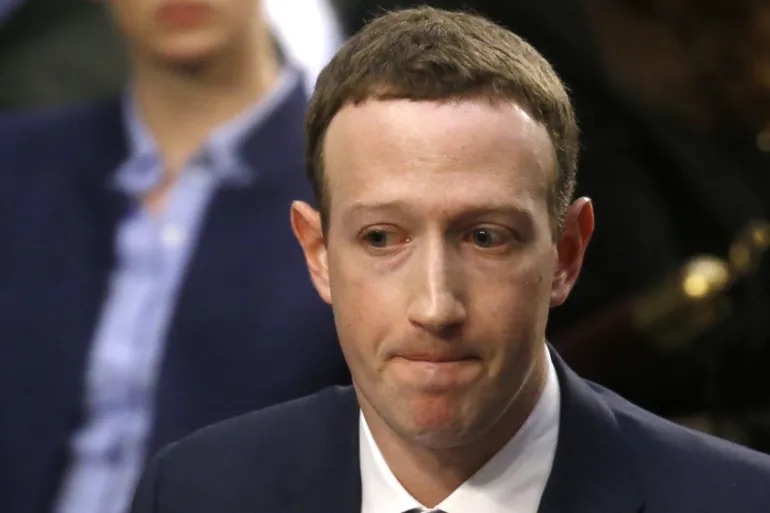Ticket touts are creating a booming business by employing overseas workers to bulk-buy tickets for major concerts, according to a recent investigation by the BBC. These “ticket pullers,” often based in countries like Pakistan and India, are part of a scheme where they purchase tickets en masse, only to resell them at massive profits, sometimes for over 40 times the original price.
The investigation found that the UK government is planning new rules to combat this issue, but critics say existing measures don't go far enough. Popular events, like Oasis’s upcoming reunion tour, have seen fans left empty-handed as they try to navigate long online queues only to find tickets already snatched up by touts. One tout reportedly told undercover journalists about making vast sums, with hundreds of tickets for concerts being secured swiftly through unethical means.
Automated software and numerous online identities are regularly used by ticket pullers to bypass limits set on buyers. According to insiders, this creates unfair advantages that lead to genuine fans being pushed aside. Moreover, sales for events are often restricted per person, highlighting the extent of the problem where touts manipulate the system for their gain.
In addition to concerts, the BBC uncovered that the ticketing scam extends to sports events, such as Premier League games, where illegal resales are rampant. The government is considering implementing a cap on resale prices and stricter regulations to ensure fans aren’t exploited. However, concerns remain about the effectiveness of any measures taken, as touts continue to find loopholes and maintain their operations across borders.
Though the future of ticket purchasing appears uncertain, advocates hope that stricter regulations will ultimately give power back to fans who just want to enjoy live events without excessive costs. With the ticket-selling landscape constantly evolving, the call for transparency and fairness in ticket sales grows louder.
The investigation found that the UK government is planning new rules to combat this issue, but critics say existing measures don't go far enough. Popular events, like Oasis’s upcoming reunion tour, have seen fans left empty-handed as they try to navigate long online queues only to find tickets already snatched up by touts. One tout reportedly told undercover journalists about making vast sums, with hundreds of tickets for concerts being secured swiftly through unethical means.
Automated software and numerous online identities are regularly used by ticket pullers to bypass limits set on buyers. According to insiders, this creates unfair advantages that lead to genuine fans being pushed aside. Moreover, sales for events are often restricted per person, highlighting the extent of the problem where touts manipulate the system for their gain.
In addition to concerts, the BBC uncovered that the ticketing scam extends to sports events, such as Premier League games, where illegal resales are rampant. The government is considering implementing a cap on resale prices and stricter regulations to ensure fans aren’t exploited. However, concerns remain about the effectiveness of any measures taken, as touts continue to find loopholes and maintain their operations across borders.
Though the future of ticket purchasing appears uncertain, advocates hope that stricter regulations will ultimately give power back to fans who just want to enjoy live events without excessive costs. With the ticket-selling landscape constantly evolving, the call for transparency and fairness in ticket sales grows louder.



















